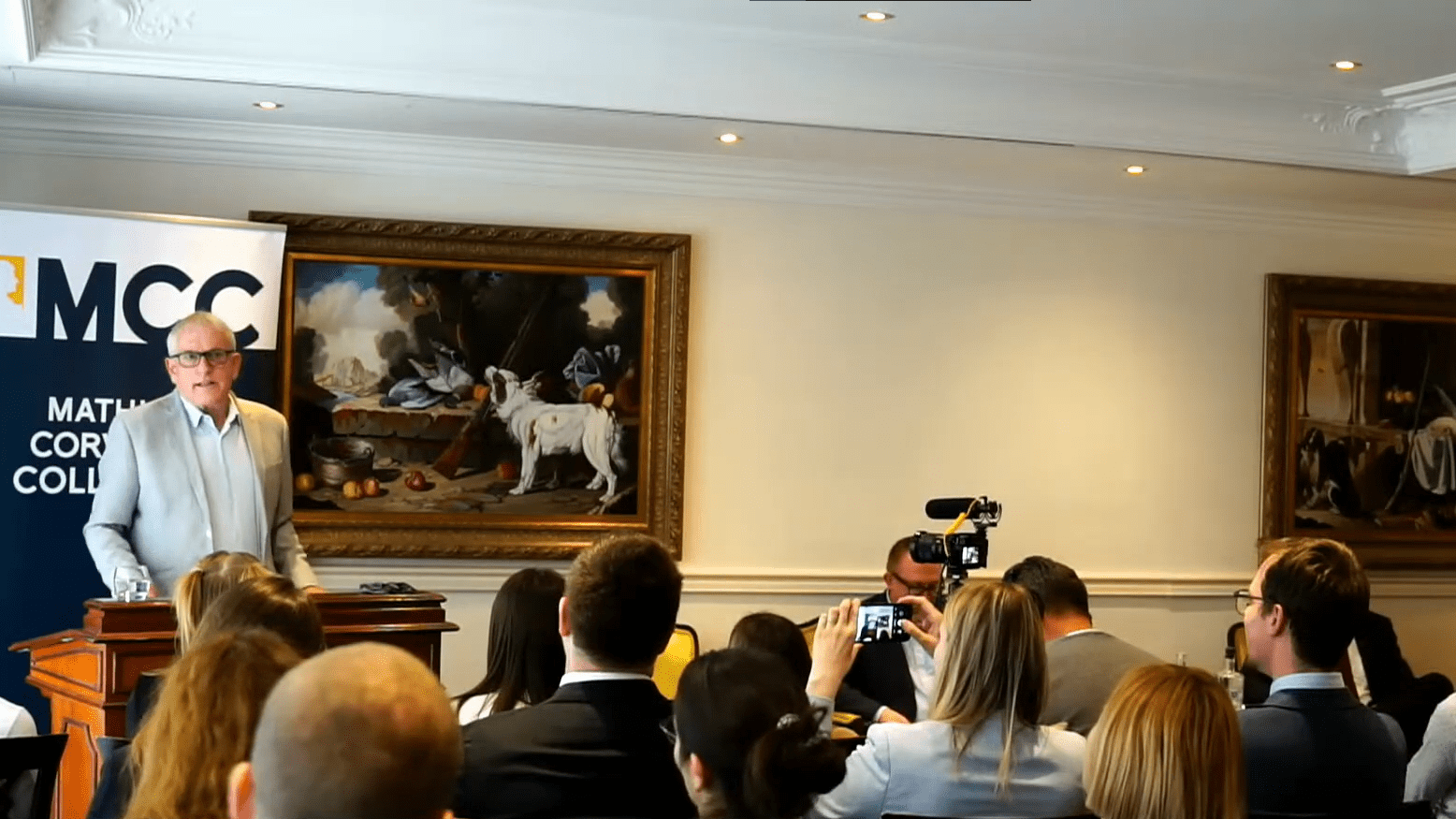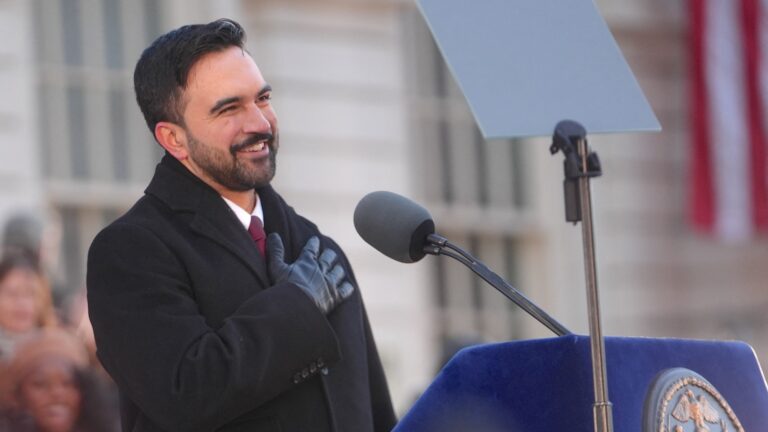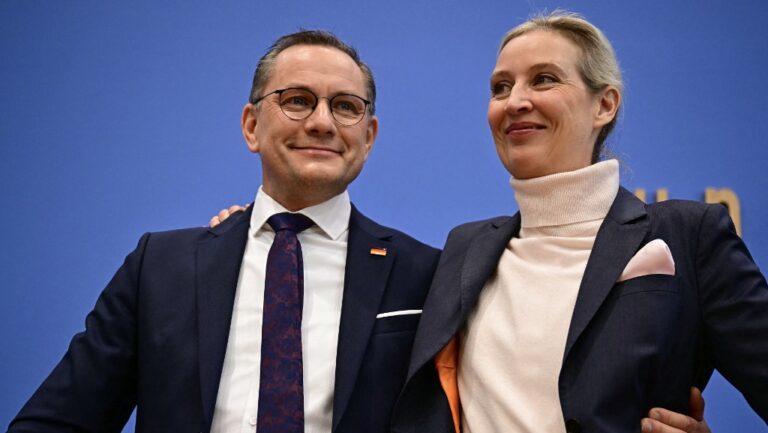The Brussels centre of Mathias Corvinus Collegium presented a new study during a debate conference on Tuesday, 23 May, criticising the EU energy policy.
In the study titled ‘Lights out: Is the EU failing on energy policy?’ the authors found the EU energy policy to be ‘incomplete and inadequate’ in addressing the current and future challenges faced by European citizens in the midst of the energy crisis during the winter.
James Woudhuysen, the author of the study and a guest professor at London South Bank University, stated that EU energy policy and decision-making are more ‘performative’ than effective, and the related decisions have not improved but rather worsened the energy situation in the EU. According to him, the EU was unprepared for the energy crisis, as it persistently holds the view that energy policy is the same as climate policy and emphasises zero emissions and reducing energy consumption in its policies, instead of expanding energy supply.
‘In the EU, energy policy and climate policy are confused, and they believe that they are one and the same. I rather think that the demand for energy will continue to grow in the long run, and the EU should focus more on energy production rather than reducing consumption’, the author of the study explained.
In James Woudhuysen’s view, the EU should have already considered its independence from Russian fossil fuels in 2014, but there was a lack of a backup plan regarding gas supply. In his opinion, Brussels was only occupied with legislation instead of focusing on future energy security.
The EU still lacks proper focus and is overly preoccupied with the ‘climate apocalypse’
instead of concentrating on medium and long-term measures that can guarantee secure energy supply. ‘It seems very much that the EU actively opposes what many interpret as the common-sense objective of energy policy: producing and supplying more energy,’ he stated.
He added that the EU should publicly question all its assumptions about energy efficiency, energy savings, the unquestionable capabilities of renewable energy sources, and the sanctity of clean energy. Furthermore, the opacity of energy affairs should come to an end, and the disputes between member states should not be dismissed. ‘For a long time, energy research, development, innovation, and efficiency have been sidelined due to the expectation that households and businesses should tighten their belts. This cannot go on,’ the author of the study nailed down.
A video recording of the conference can also be viewed here.
Read more:







